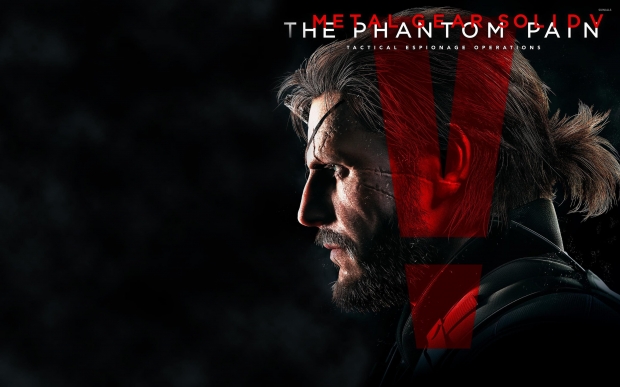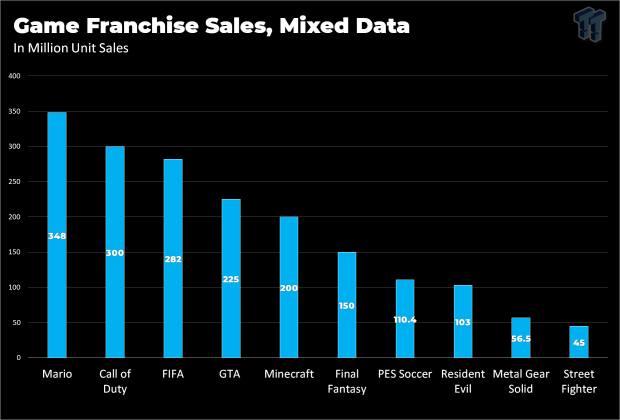Konami's latest internal reports reveal why the company hasn't invested strongly into Metal Gear Solid since 2015's MGSV.

Today Konami announced it's dissolving three of its production divisions in an effort to become more lean, reduce spending, and adapt to the new digital-based COVID-19 market. The truth is Konami has been doing this for a while, and it's a big reason why certain franchises like Metal Gear Solid have lapsed.
Prompted by a post on ResetERA, I took a look at Konami's company profile data and found sales data for the stealth espionage series. So far, Metal Gear Solid has sold 56.5 million copies worldwide since 1987, more than other IPs like Capcom's Street Fighter (which sits at 45 million). Even still, Metal Gear pales in comparison to Konami's real breadwinning IP, the billion-dollar titan Pro Evolution Soccer. To date, PES has sold through 110.4 million in its 25-year span. It's easy to see why Konami is playing favorites.

It's also worth mentioning that the Metal Gear games had a comparatively higher budget, and the costs were reportedly a reason why Konami fired Hideo Kojima after Metal Gear Solid V. MGSV had an ~$80 million development budget, not including marketing, publishing, and distribution. However, the game made twice its budget in opening sales with $179 million generated on the first day.
Coupled with the relatively higher budgets and comparatively lower sales than PES, it's easy to see why Konami would push the safer annualized sports franchise over the possible risk of a non-Kojima Metal Gear sequel.
Can Konami afford to put money into a new Metal Gear game? Absolutely. The company earned $1.3 billion from gaming in 2019, more than SEGA and Capcom (the latter of which had strong revenues). The company has the money--or more aptly, had the money, as we don't know about COVID-19-impacted total-year earnings yet--but that doesn't mean now is the right time to invest in a new mainline MGS.
At this point, it's more likely we'll see an outsourced remastering of the older Metal Gear Solid trilogy than a new fully-fledged next-gen sequel. The volatility of COVID-19 has significantly disrupted many of Konami's businesses, including amusement arcades and resorts. SEGA, for instance, has responded to this disruption by practically selling its arcade operations business.


